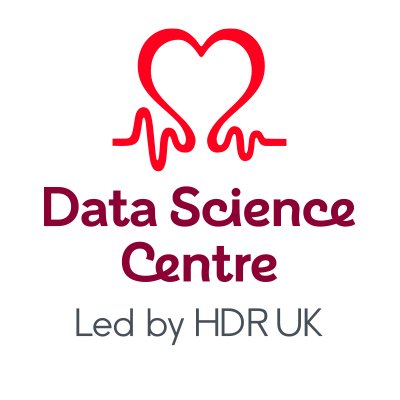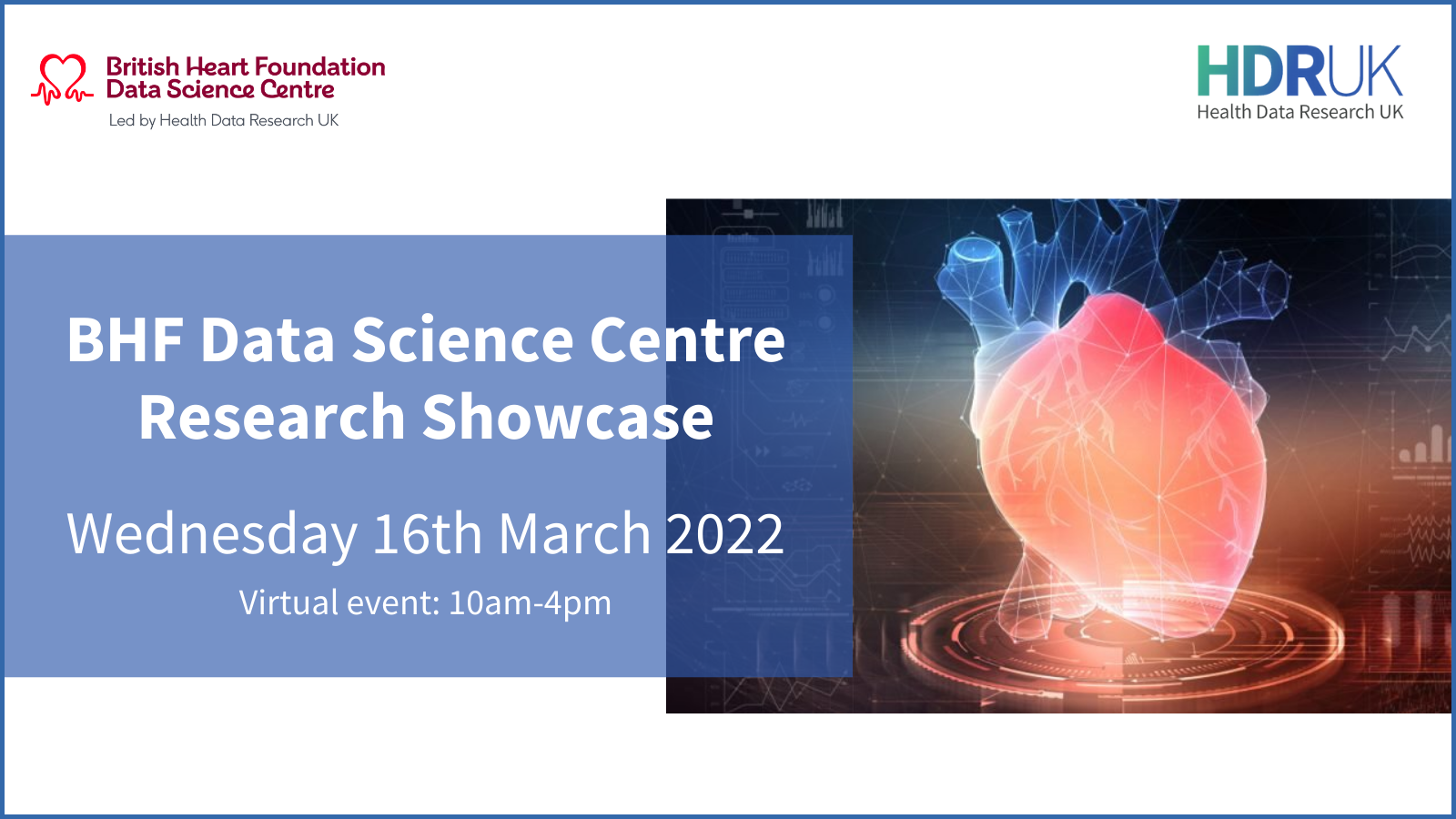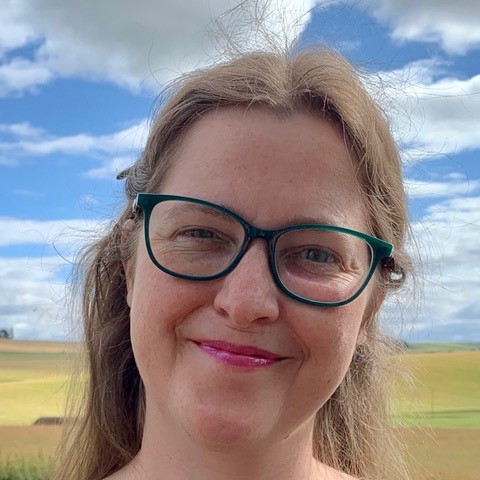Help us to prioritise what is most important in cardiovascular imaging research
13 January 2022 | Author: Michelle Williams, Associate Director - Imaging Lead
Dr Michelle Williams, Associate Director of the British Heart Foundation Data Science Centre, explains the importance of the science, health and patient/public communities working together to develop the key priorities for cardiovascular imaging research.
Cardiovascular imaging research has enormous potential to improve cardiovascular health. Imaging of the heart, brain and blood vessels is now central to the diagnosis and management of heart and circulatory diseases, including heart attacks, heart failure, heart rhythm disorders, stroke, peripheral vascular disease and vascular dementia. New and exciting research can help us to better understand heart and circulatory disease, and improve diagnosis, risk assessment and treatments for the benefit of healthcare and patients.
Imaging tests such as echocardiography, computed tomography (CT), magnetic resonance imaging (MRI), nuclear medicine scans, electrocardiography (ECG), chest x-ray (CXR) and diagnostic invasive coronary angiography (ICA) have developed rapidly in the last 20 years. Cardiovascular imaging research has been central to this – developing new imaging techniques, developing new ways to analyse images including using machine learning/artificial intelligence, linking together imaging information with other healthcare datasets, and improving how we use imaging in clinical practice.
To make the most of the extensive work that is ongoing in this area, it will be vital to establish national research priorities for cardiovascular imaging research. The British Heart Foundation Data Science Centre is therefore organising a prioritisation exercise to gather the opinions of a diverse range of stakeholders, putting the valued ideas of researchers, patients, academics, clinicians and members of the public right at the heart of this important work.
We are aiming to answer the question “What are the most important research questions that cardiovascular imaging should be used to address?”. The first phase of this prioritisation exercise is to gather suggested research questions which will then be assessed by a panel of experts, and prioritised by a diverse group of stakeholders. This will then lead to the development of prioritised lists of research questions that can be used by the British Heart Foundation Data Science centre, funders, research groups and others to help inform their activities.



